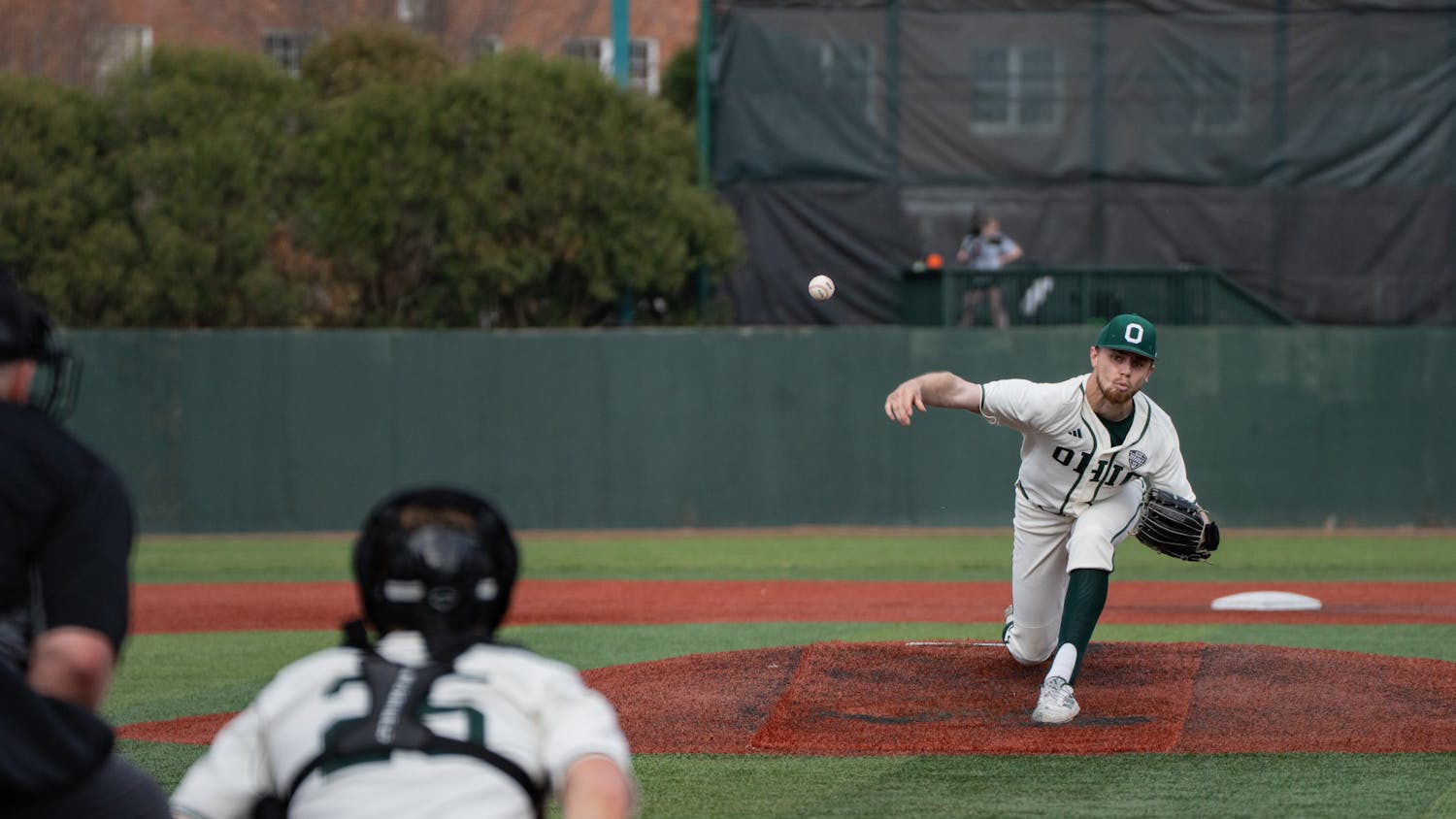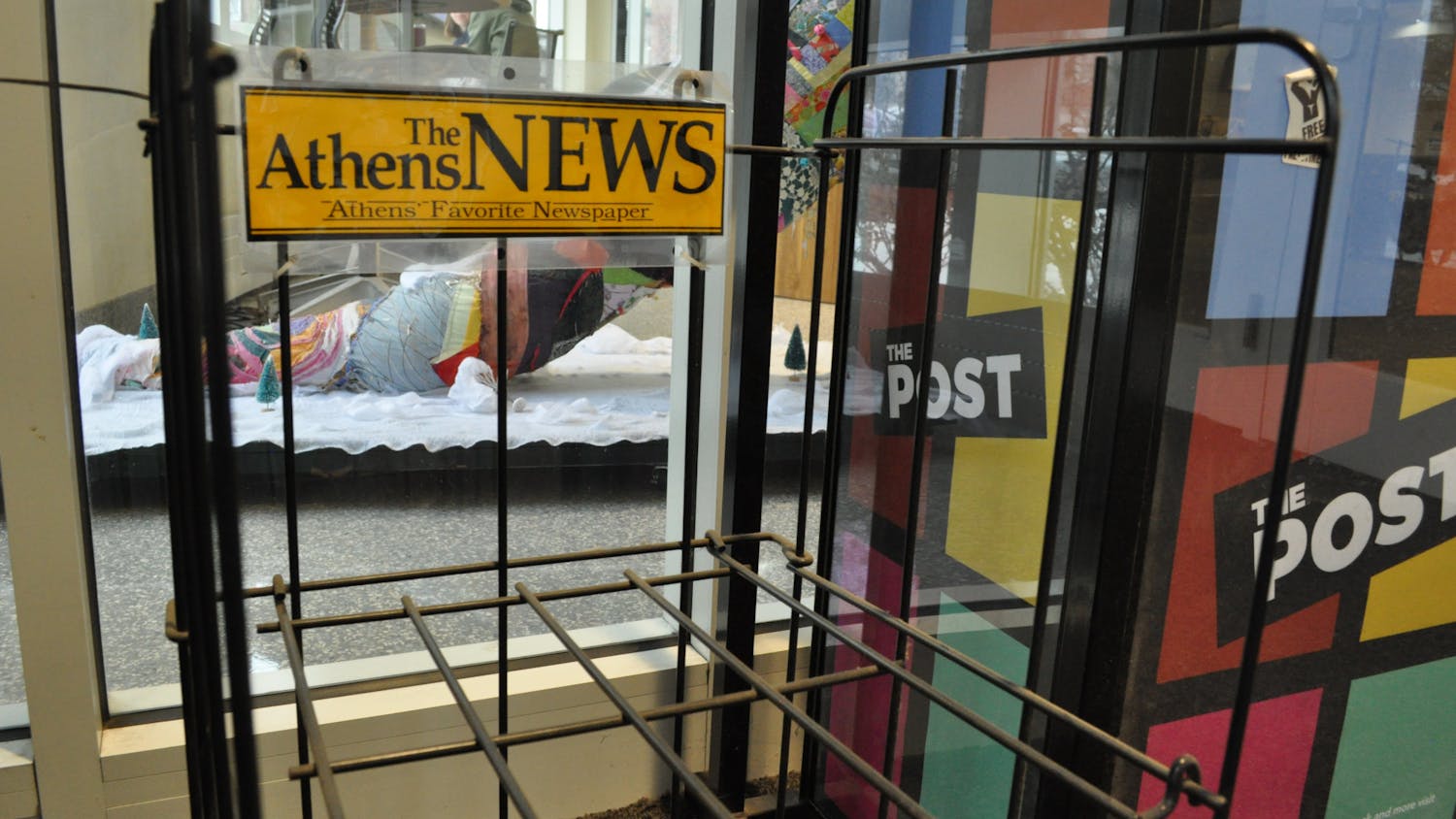On Dec. 2, 2023, rock history was made: Kiss performed in Madison Square Garden on the group’s last stop of the “The End of the Road” tour and announced it would be done with live tours. Although this is not the first time Kiss has gone on a farewell tour, many anticipated that this would be one of the last globe-spanning tours the legendary rock band would go on, largely due to individual members’ health issues and old age.
However, what Kiss did that really makes this event historical is something that feels like it came straight from a “Black Mirror'' episode. Instead of announcing that this would be its last full tour and Kiss would begin performing longer sets more sparingly across the world, the group stated that it would be going virtual. The band that was once a titan of the rock world is now composed of digital avatars of the current members.
This shift to virtual avatars is part of a worrying trend we are seeing from older artists who have been touring for decades. In 2022, Ozzy Osbourne claimed that Ozzfest would return. But instead of being the legendary music festival that all metalheads dream of, it was performed in the Metaverse and featured Motörhead, whose lead singer is dead. Swedish pop powerhouse ABBA also recently went virtual and toured as virtual avatars across the world.
Although this shift to digital touring is being heralded as an innovative new move in the music industry, it should be considered a deeply flawed method of profiteering off nostalgia. These are not concerts, they are desecrations of the legacy of the music produced by the bands that are now too old to give fans a good experience.
It seems dystopian to even consider virtual touring as a solution to not being able to in person. In the case of Kiss, what happens when Gene Simmons and Paul Stanley die? The chilling answer is that their avatars will continue to perform virtually, even though they will no longer be with us. It is ironic yet disturbing to me that the rock institution that is Kiss would continue to tour post-death.
These virtual tours also seem like a way for large bands, their record labels and their managers to take advantage of their fans' devotion. Especially with a fanbase like ABBA’s and the Kiss Army, there will always be people clamoring for new opportunities to see these massive groups live.
I can understand this, as I have seen Kiss live and love going to concerts. However, by switching to virtual concerts, people are paying money to watch something that is not their real heroes performing, but just a bunch of code. It is taking away the beauty of live music by taking the passion out of it.
Part of the beauty of music is that the sounds live past the people who performed them. Artists like Jimi Hendrix and Amy Winehouse, as well as bands like Death and Bolt Thrower, are immortalized by their incredible impacts on their respective genres. They do not need holograms to stay alive because they have fans who continue to identify with their music.
What we are seeing now, with avatars performing on stages and attempting to pass as iconic musicians, is just a way to take advantage of fans. Although these digital tours have the potential to be lucrative, that is no excuse for them to continue. Frankly, it is deeply saddening to me that some of my favorite groups are continuing to do this. While the virtual Ozzfests seem to have been dropped, it is obvious that more rock and metal artists who had previously been perceived as music rebels who defied all the societal norms of their time are suddenly allowing their legacies to be turned into light tricks and lines of code.
Jackson McCoy is a freshman studying journalism at Ohio University. Please note that the views and opinions of the columnists do not reflect those of The Post. Want to share your thoughts? Let Jackson know by emailing or tweeting him at jm049122@ohio.edu or @_jackson_mccoy_.






